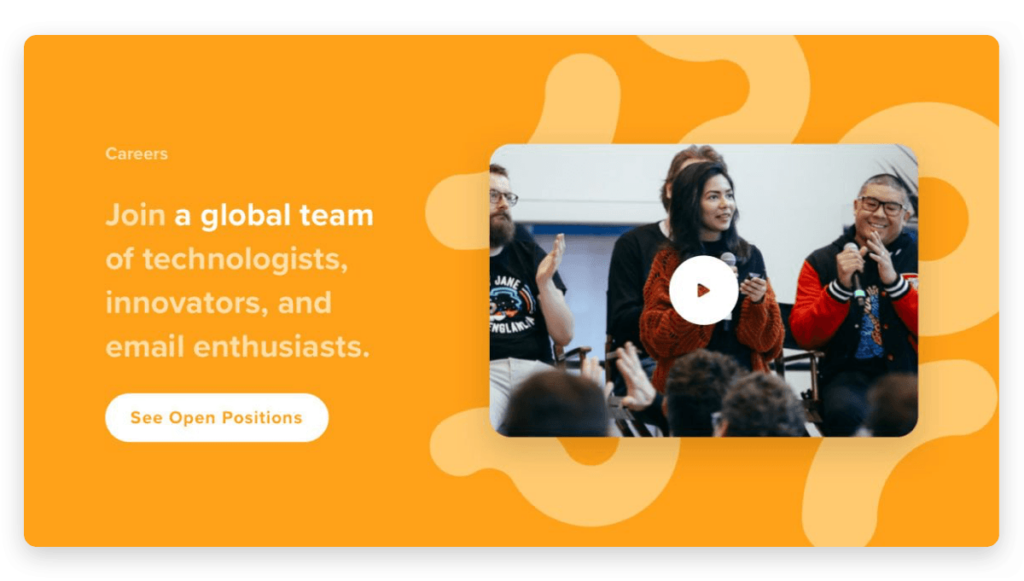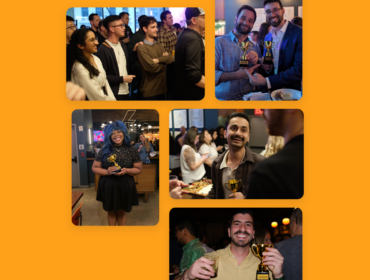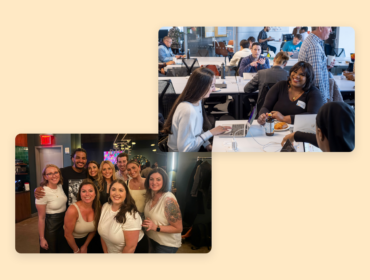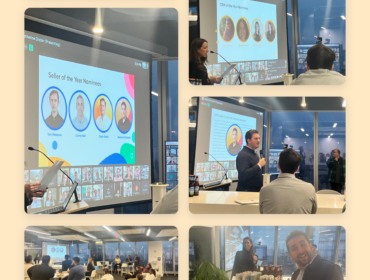Lead with More Empathy: Integrating Diversity and Equity in the Workplace
Businesses are increasingly investing in diversity, equity, and inclusion (DEI) initiatives, especially after the murder of George Floyd in 2020 brought to light widespread issues of inequality and injustice. As one study found, 40% of S&P 500 companies discussed diversity on their earnings calls last year, up from just 6% in 2019.
Still, there’s a big difference between talking about these issues and acting on them. And many businesses still have a long way to go towards creating truly inclusive and equitable working environments. According to a 2020 report from McKinsey & Company, only 29% of employees across the globe had a positive view of inclusion within their organizations.
To help understand how business leaders can proactively incorporative DEI in their companies, eCom Week LA hosted a recent panel called “Beyond the Workplace: Integrating Diversity and Equity,” featuring:
- Kendra Bracken-Ferguson, founder, BrainTrust
- Kristen Elliott, vice president of marketing, Eddie Bauer
- Aria Safar, vice chair, PledgeLA
- Kyle Hjelmeseth, founder, G&B Digital Management
- Abby Hamilton, chief people officer, LiveIntent
“People are our most important asset; nothing happens in our business without our incredible talent,” said Hamilton. “So how are we having those conversations at the executive table to make sure that we are really taking care of our people, both inside and outside of work?”
Let’s take a look.
Build safe, trustworthy spaces
Businesses should strive to create environments in which people feel safe and comfortable enough to share their identities, stories, and experiences.
“As an organization, you have to build and foster that environment of trust, and then individuals themselves have to be a bit more courageous and lead with their identities,” said Hjelmeseth. “So how do we empower individuals to actually have a voice and feel secure in the fact that they can share who they really are?”
In 2019, for example, LiveIntenters came together to launch their employee-led Employee Resource Groups (ERGs), which empowers people to have conversations, ask questions, and learn from each other.
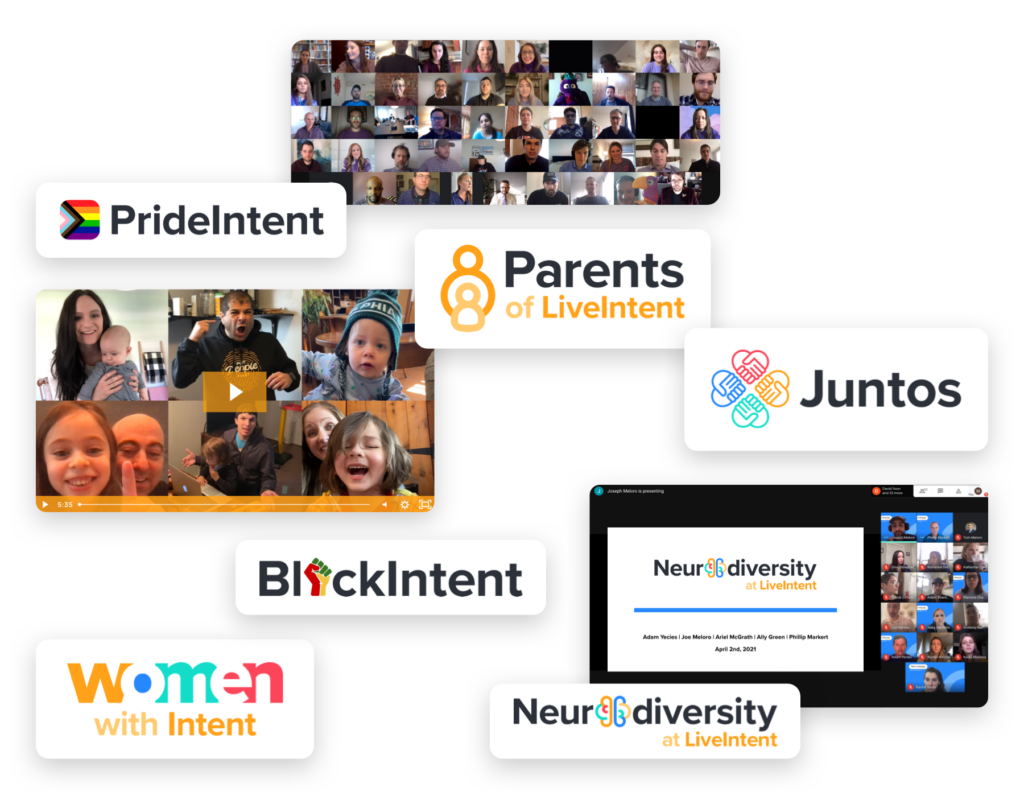
“Having those real conversations opens up true conversations at work,” said Hamilton. “I’ve learned so much from other people just telling me about their life experiences. It’s allowed me to see them for who they really are and to lead with more empathy and love.”
Launch programs for underserved communities
Clothing retailer Eddie Bauer hasn’t always been associated with diversity, especially since “the brand’s name is a white dude,” as Elliott put it. But that’s changing. “Our tagline is ‘Live your adventure’ […] and we want to make sure that as many people as possible have the opportunity to have that adventure,” Elliott added.
To that end, Eddie Bauer recently launched a gear rental program allowing consumers to access apparel for outdoor adventures at a fraction of the retail cost.
Meanwhile, over at PledgeLA, a collective of tech companies and venture capital firms, Aria Safar is making an effort to fund businesses from founders of diverse backgrounds. The organization launched a venture capital internship program that taps HBCUs and Hispanic institutions “to find that next pipeline of venture capitalists who are looking more like the rest of LA and America for that matter,” he said.
PledgeLA also created a fund that offers $25K grants and mentorship to Black- and Latinx-led companies in south LA. “We see that when you have more diverse fund managers and founders, you end up having a more diverse employee group,” Safar added. “We’ve seen incredible results.”
Have the tough conversations
Diversity can be a personal, nuanced, and political topic. As such, building these equity initiatives can lead to awkward and uncomfortable conversations. Instead of shying away from them, however, it’s important to embrace them in a safe and respectful manner. This could involve providing training in non-defensive communication or having a third-party mediator to moderate these discussions, as Safar suggested.
“As somebody with privilege in a leadership position, I think it’s really important for us to be the ones that open up that dialogue to model having these conversations in the right way,” said Elliott. “So that other people know that this is a comfortable environment, that mistakes happen. And what really matters is how you own up to that mistake or make that right.”
Hamilton also stressed the value in fostering these tough conversions because “ignorance needs to be brought to light.”
“In our experiences so far, both parties have walked out feeling better: one person got to express how they feel, and the other has been willing to show up and listen,” she said. “I think we should keep encouraging those interactions though they’re uncomfortable. That’s where learning happens.”
